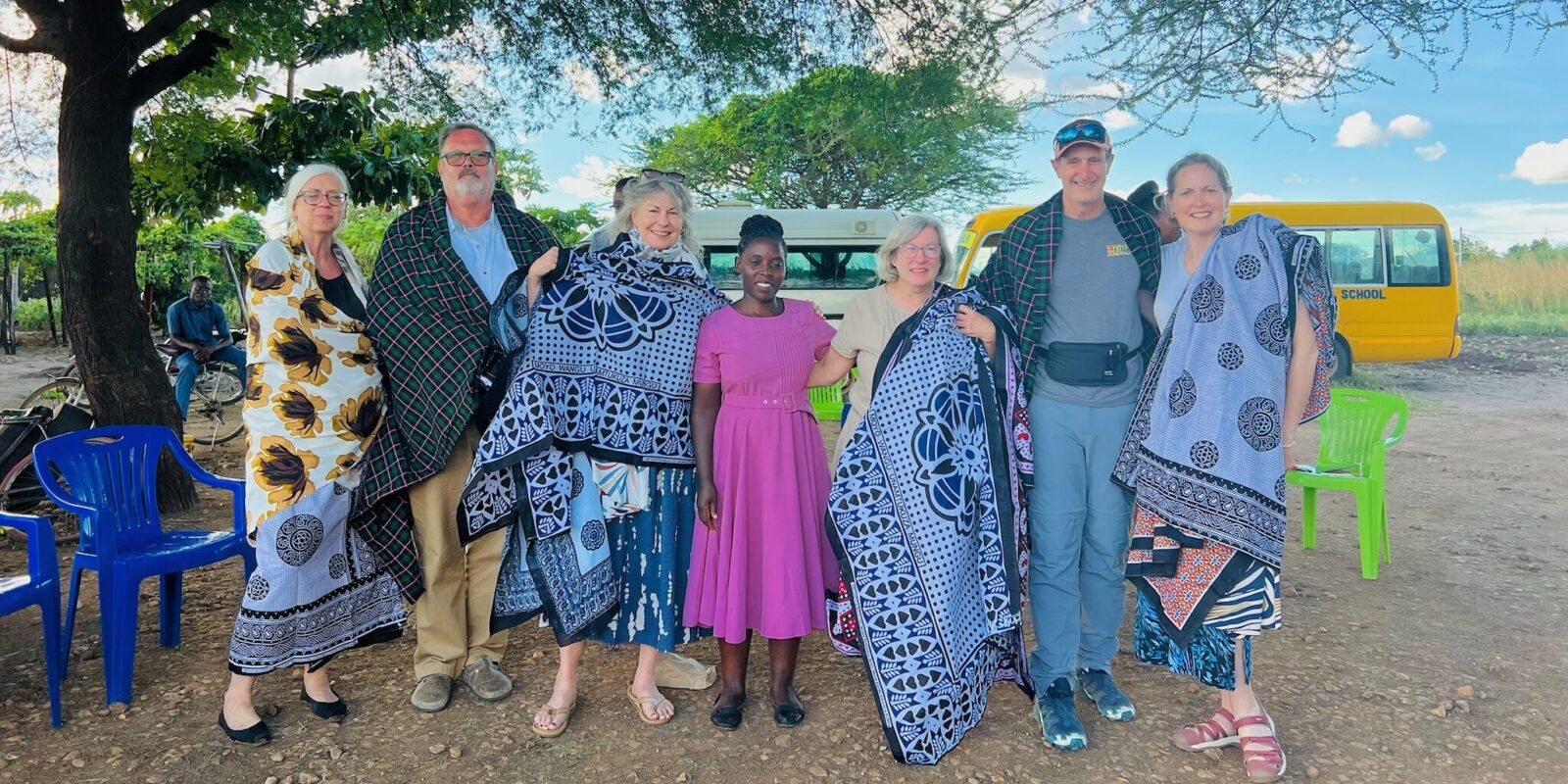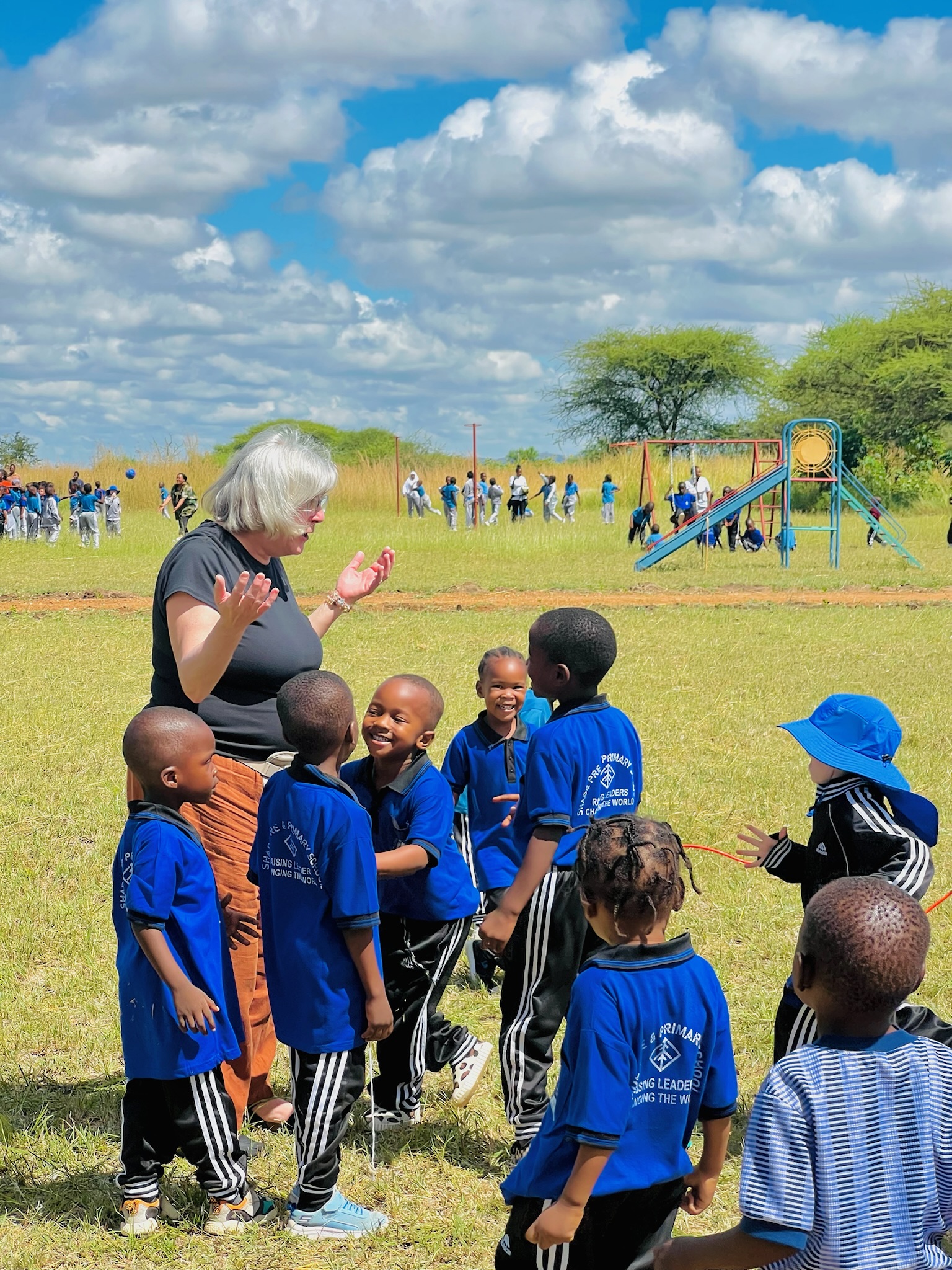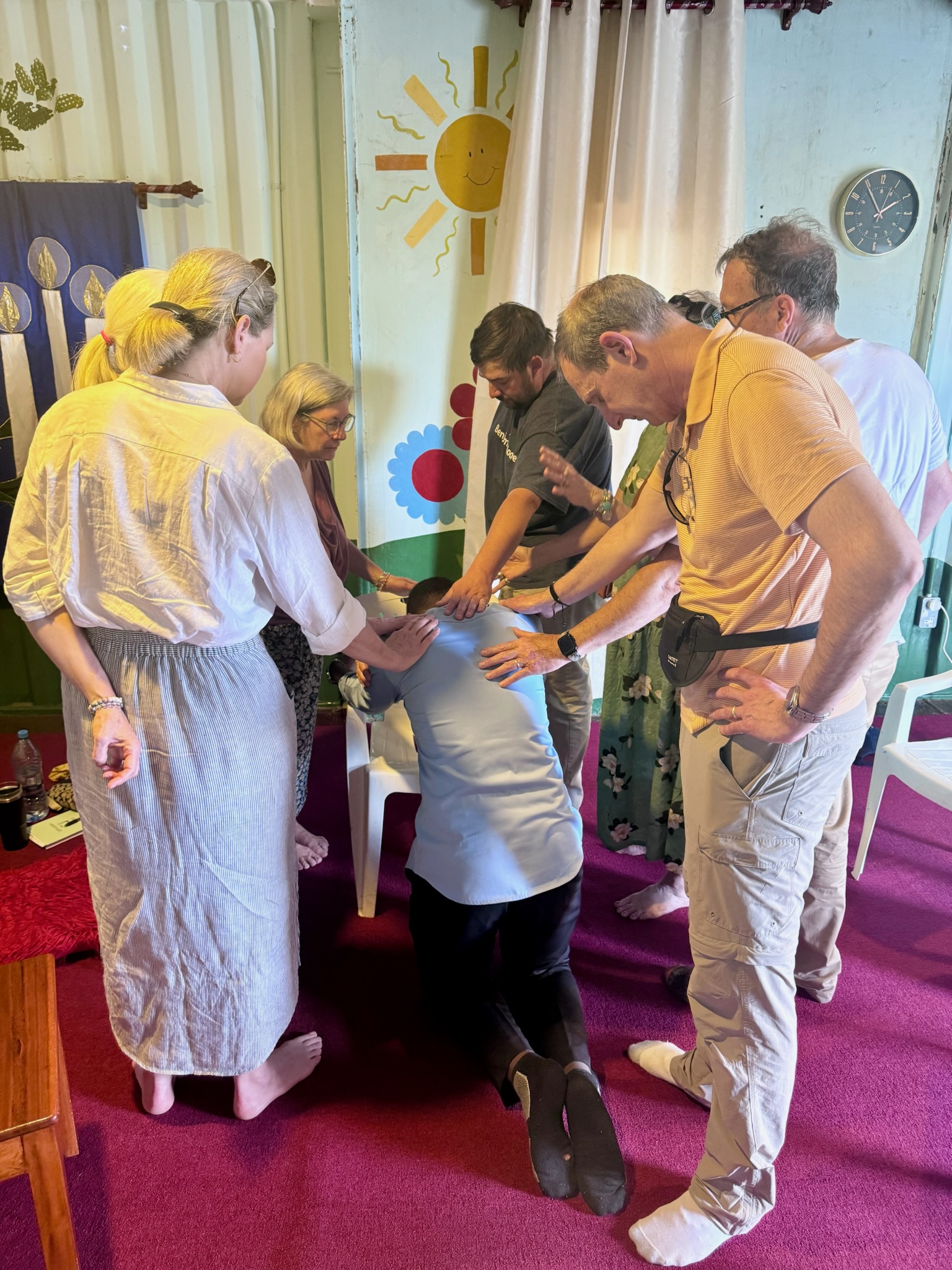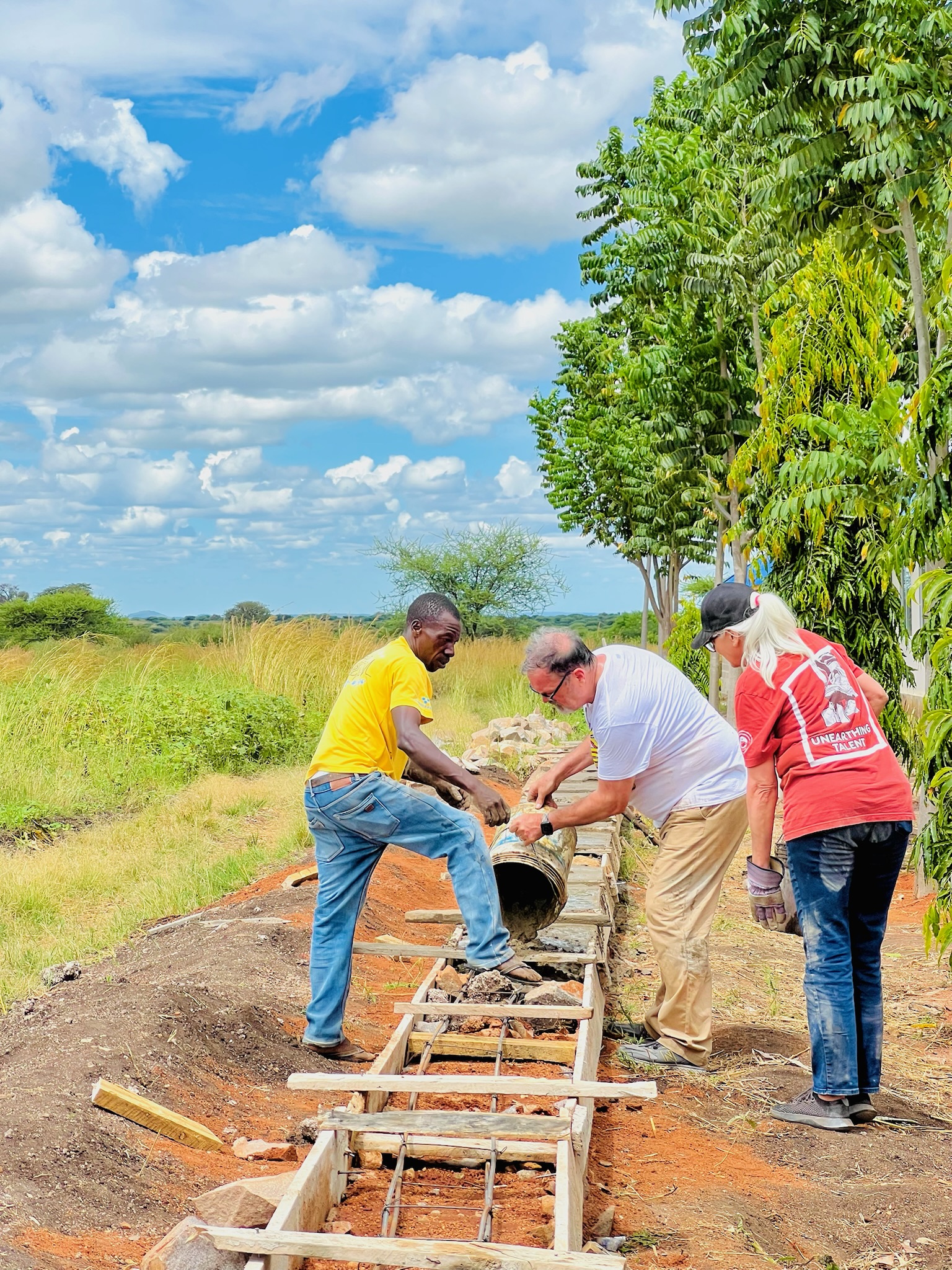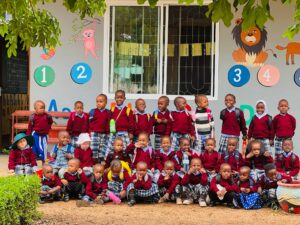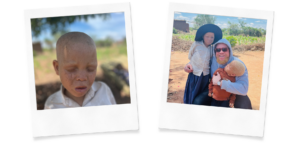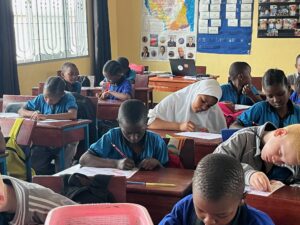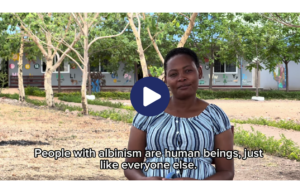Written by Church of the Resurrection Team Member Laura McLaughlin
Our days at Shade begin as the children’s do, pulling in beside the three yellow buses. Uniformed children spill out, chattering, clutching the hand of a friend, some lightning fast to their destinations, some impossibly slow, all giving us, the six white guests, a shy wide-eyed assessment. Some wave to us and become knocked down silly with glee when we return the waves. More wave now and high five their friends as we respond. They knew we were coming; they’ve been preparing for us, teachers and students alike. The afternoon before, we were gloriously celebrated by the staff with dancing, singing and prayer. Today though, we see the students for the first time, and they us. We are all enchanted.
Shade School has lived in our imaginations for a while. We pray for them, give money, and listen to stories that turn our hearts toward Tanzania, to places where hardships and persecutions prevail that we cannot fathom. The only way to really see, to be changed, is to come.
Thirty plus hours of travel leaves us staggering, but Africa has woken us up. The humidity and packed humanity of Dar Es Salaam on the Indian Ocean. The red rutted roads and towering rockscapes of Mwanza on Lake Victoria. The cows, the bikes, the traffic in the cities, the unhurried pace of laundry day at the river and now, at the end of a long dirt road, Shade. The iconic blue rooftops, the geometrical pathways and classroom blocks, the trees lining quads of green grass and ornamental shrubs, the children!
School days start with an all-school assembly of songs, announcements, and chants to reinforce learning and character, led by this year’s Head Boy, Sebastian, a child with albinism. That Sebastian has the respect and attention of the entire school is testimony to the success of Shade’s mission. Acceptance of people with albinism is not a drum beaten overtly within the school day, but an intentional by-product of the Christian faith that pours through the staff toward the children. Among the bobbing brown and black heads on campus are the ubiquitous blue hats of children with albinism, naturally, happily included in this next generation of Tanzanians, along with a blend of other vulnerable children.
A Shade day for us means learning, listening, working. We observe academics and arts. We cook with the cooks over wood stoves, making classic Tanzanian fare. We pray with bus drivers for their day. We make batiks with the community club, young adults learning small business skills. We plant even more trees with the gardeners. We pray over students as they come for a blessing, later learning from a parent the impact our prayer has on his daughter. Most comically, given our age, we help the builders begin the security wall toward which we contributed funding. Emotionally, Shade feels like a safe space, but the physical reality for people with albinism is always in our minds as we build.
At the end of day we are tired, sweaty, awed. Shade has embraced us.

